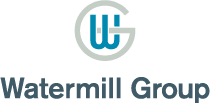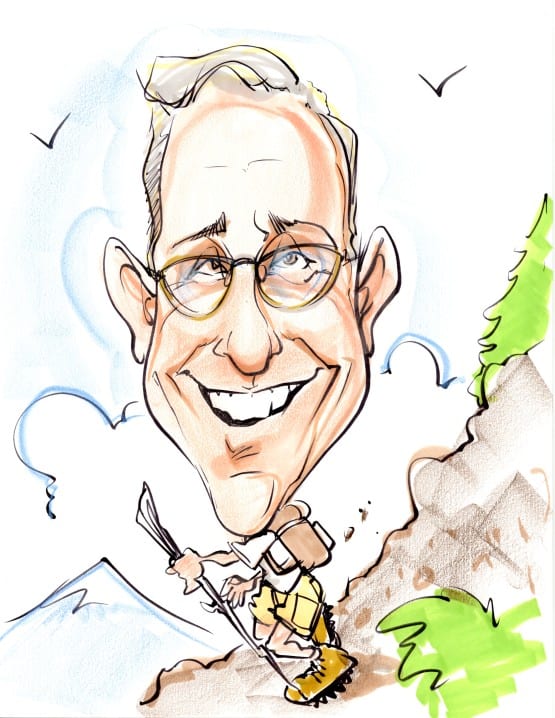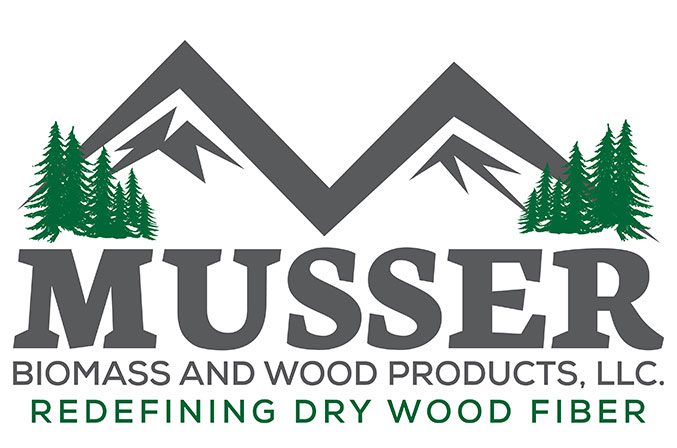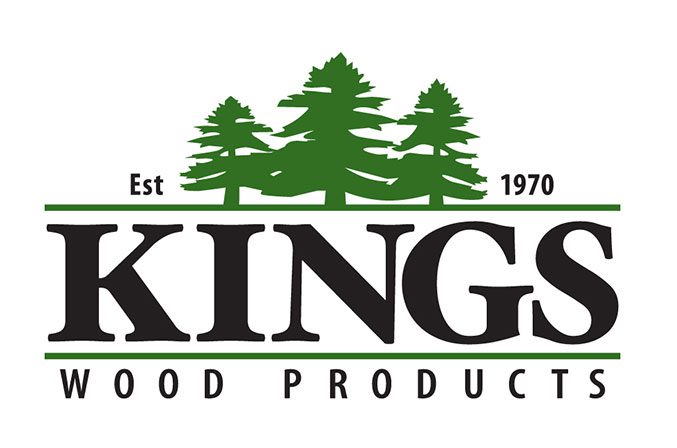Partner Profile: Meet Watermill Group’s Bob Ackerman
Providing internships to students interested in the private equity industry is an important part of the Watermill culture. Recently a few of our interns had the opportunity to sit down with Bob for an interview. Enjoy!
How does your prior experience running Watermill Group portfolio companies help you in your role as a partner?
Working as a CEO for twenty years has invaluable in my current role overseeing portfolio companies. Having been a CEO enables me to think through operating problems I run into when Watermill Group acquires new companies. Also, it helps to hone my ability to think through the strategic implications of markets and products and how they are put together.
From your experience in private equity and other fields over the years, how have you seen the industry evolve?
When Watermill Group started, private equity was just gathering steam. There had been leveraged buyouts in the 80s and conglomerates before then, and there were also mergers and acquisitions, but you didn’t have investment groups buying companies on behalf of investors, so you didn’t have the organized PE world that exists now. It has become much more professionalized. In today’s environment, things are much more rigorous.
The financing world has grown up in two ways: one is asset-based lending, which is the way we got the top/liability part of the balance sheet done, and two is the growth in mezzanine/sub debt, which really didn’t exist twenty years ago. If you wanted long-term money, you went to insurance companies or you went to Wall Street, you didn’t go to pools of money that were there to finance longer term debt.
Do you have a favorite deal?
Some came very, very early in my career, such as during the first paper company that I ran. We had basically captured 100% of the elementary school textbook cover market, which had been cloth and then went to Tyvek before we converted it to saturated paper. That was thrilling because we were replacing another commodity, because what we had to offer, from a customer’s point of view, was of greater value: a better product at a reasonable price. All of these deals have had something to value. You learn more from your mistakes than from what went right, but they are each a part of the story.
When you look at new acquisitions or portfolio companies, what do you like to focus on?
I think when you can find something in a company that others haven’t seen, or an opportunity that may have been overlooked, that’s exciting. Take our Global Tubes business, comprised of Superior Tube and Fine Tubes, for example. They were precision tube manufacturers, one in Europe and one in the U.S., and the former owner had kept them apart, and they did sort of the same things, but not quite, and they were in some of the same industries, but not entirely. You look at this and say, “gee, if you could straighten out the operations in each case, and they each had some difficult issues, and built a global organization across the markets they share, and build out the ones where they each hadn’t been before, that’s an exciting opportunity.” You could really develop a global enterprise that hadn’t been there before and once you got into it, it was quite thrilling to put that together and see it come to life. All Watermill deals have something special like that.








